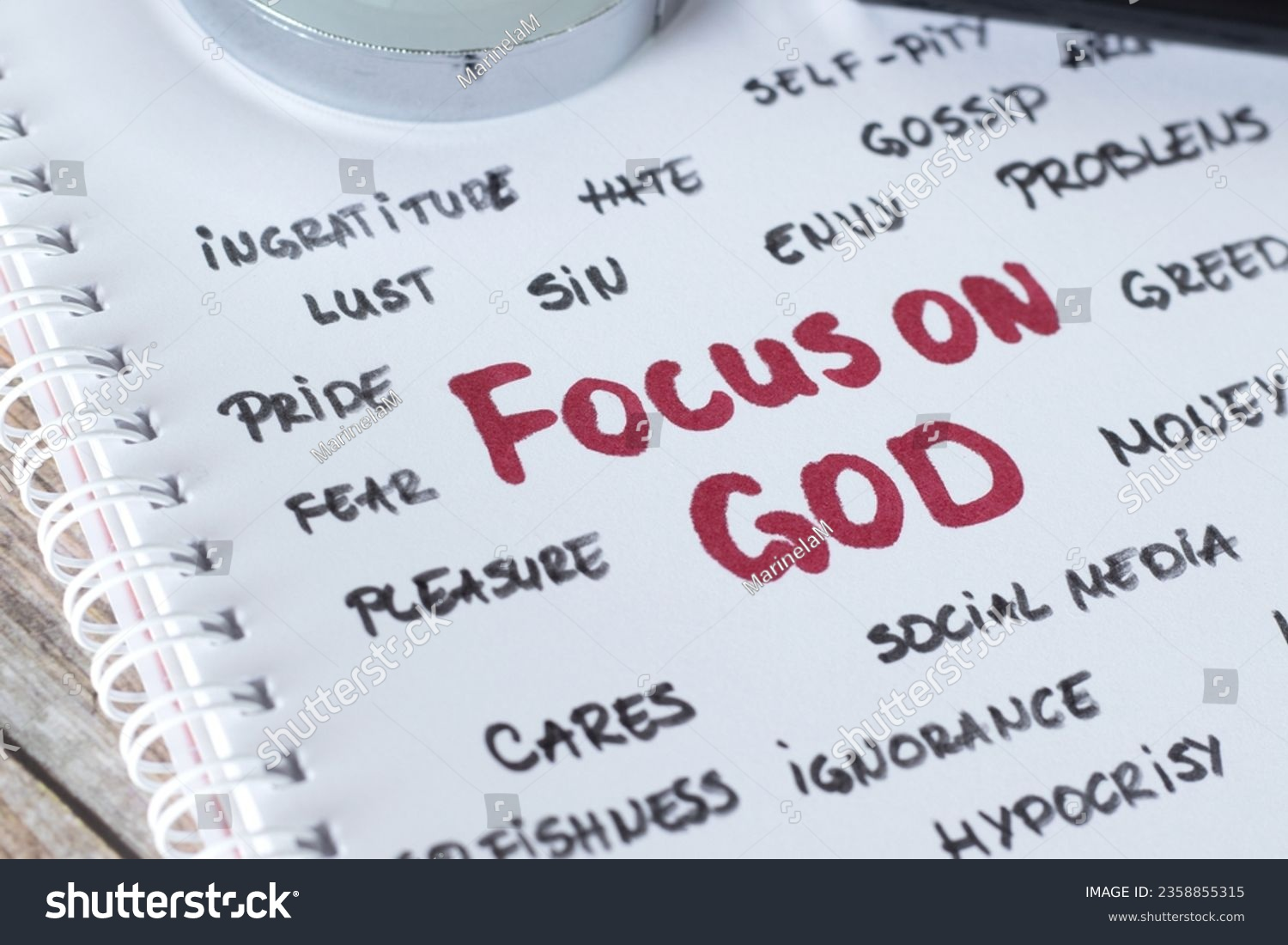The Columnist, a parish priest writing in the Catholic Times begins his reflection on the difference between Joy and pleasure gazing blankly at the screen with the topic: 'What Brings Me Joy' displayed.
He ponders on the meaning of Joy. He remembers his professor's example during his undergraduate days about the difference between 'joy' and 'pleasure'. "A hungry person would happily eat a bowl of black bean noodles. They might even enjoy two bowls. But if you keep giving them three, or four bowls, eating becomes not a joy but a terror. That's what happens to pleasure. Now think about the joy of reading a book. Whether you read one or a hundred, joy doesn't fade. That's joy. It is necessary for those who are studying a language and reading literature to remember the difference between joy and pleasure.
It's been over 15 years since he heard that explanation which the professor shared hoping we'd choose reading over just eating and playing. But since that day, it has become a precious guideline for my decisions. To pursue the enduring joy, not the fleeting pleasure, applies not only to following Jesus but to everything I do.
Is the pleasure I feel nowadays joy or pleasure? Embarrassingly, my life seems more immersed in pleasure than joy. Ordering delicious food, watching movies or dramas he's been wanting to see. Of course, he prays, but it feels his axis is shaken, as if he's fitting prayer into his leisure time, not the other way around.
Whether priests, or religious, they are 'those who have left home. Leaving home and running away from home have completely different meanings. The former means 'to abandon worldly attachments and enter the life of a saint,' while the latter means 'to leave one's family and home.' I clearly chose the former, but I can't help feeling my life now is closer to the latter, which leaves a slight ache in his heart.
As a Christian, not just as someone who has left home, the most important joy should indeed be seeking God. Like the title of the book written by a Jesuit from the USA, 'Finding God in All Things' should be his purpose and way of life. Regrettably, there are times when he seeks other things instead of God. Sometimes it's money, sometimes honor, sometimes power, most people chase these things, and that's the reality. To place something other than God in God's place, yet not recognize it, to be immersed in it—that's a painful reality that should hit home for all of us.
'Finding God in All Things.' The title of this book, which sounds like a dream, has struck deep in his heart, probably, no, certainly because of his current reality. Even in a life chosen to live with God, the trajectory of his life, where he must speak rightly during homilies while chasing something other than God, is tiring. Despite these flaws and imperfections, he can only lean on the boundless love, mercy, and tolerance of the One who still calls him by His name (=Christ) to live as His person (=Christian). If he can gather his thoughts and steady his heart once more, even as he glares at the heavens, it's thanks to God's boundless love, mercy, and tolerance.
Therefore, at this moment, he makes a promise once again. During this new week that has been opened to him, he will earnestly seek to 'find God in all things.' Happy Easter!
